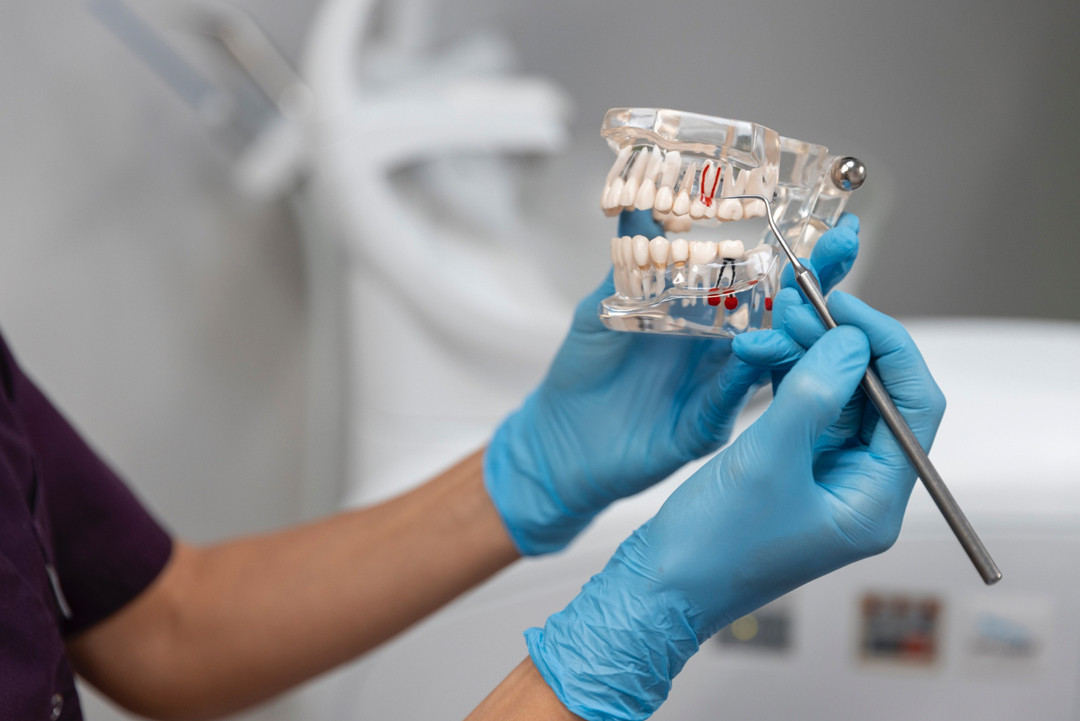Overview of Pediatric Genetic Disorders
Pediatric genetic disorders are conditions caused by changes in a child’s genes or chromosomes. These disorders can be inherited from parents or occur spontaneously and impact various aspects of a child’s development and health. Early diagnosis and intervention are critical for improving outcomes and supporting children’s overall well-being.
Types of Pediatric Genetic Disorders
- Chromosomal Abnormalities
- These occur due to changes in the number or structure of chromosomes.
- Examples:
- Trisomy: Extra chromosome (e.g., Down syndrome – Trisomy 21).
- Monosomy: Missing chromosome copy (e.g., Turner syndrome).
- Structural Abnormalities: Deletions, duplications, or translocations in chromosomes.
- Symptoms:
- Physical anomalies
- Intellectual disabilities
- Medical complications
- Diagnosis: Genetic testing, chromosomal analysis, and physical examinations.
- Single-Gene Disorders
- These result from mutations in a single gene and may follow various inheritance patterns.
- Types of Inheritance:
- Autosomal Dominant: One mutated gene copy causes the disorder (e.g., Marfan syndrome).
- Autosomal Recessive: Two mutated gene copies are required (e.g., Cystic fibrosis).
- X-linked: Mutations in genes on the X chromosome (e.g., Duchenne Muscular Dystrophy).
- Symptoms:
- Vary based on the gene involved; can include physical abnormalities, organ dysfunction, and intellectual impairments.
- Diagnosis: Genetic testing, family history review, and physical exams.
- Multifactorial Disorders
- These arise from the interaction of multiple genes and environmental factors.
- Examples:
- Diabetes
- Hypertension
- Asthma
- Neural tube defects
- Cleft palate-lip anomalies
- Risk Factors:
- Combination of inherited and environmental elements like lifestyle or exposures.
- Diagnosis: Imaging studies, laboratory tests, and lifestyle assessment.
Diagnostic Methods for Pediatric Genetic Disorders
Accurate diagnosis is crucial for managing pediatric genetic conditions.
- Genetic Testing: Identifies mutations in DNA.
- Chromosomal Analysis: Detects structural or numerical chromosomal changes.
- Physical Examinations: Observes physical and developmental anomalies.
- Prenatal Testing: Includes amniocentesis and chorionic villus sampling.
- Newborn Screening: Identifies disorders like phenylketonuria (PKU) or biotinidase deficiency shortly after birth.
Treatment Options for Pediatric Genetic Disorders
Treatment varies based on the specific disorder and its severity.
- Medications: To manage symptoms or hormonal imbalances.
- Surgery: Corrects structural abnormalities or organ dysfunctions.
- Supportive Care: Includes physical therapy, occupational therapy, and special education services.
- Lifestyle Changes: Helps manage multifactorial disorders.
- Gene Therapy: Emerging option for certain genetic conditions.
Examples of Common Pediatric Genetic Disorders
- Down Syndrome (Trisomy 21)
- Symptoms: Intellectual disabilities, distinct facial features, heart defects.
- Management: Developmental therapies, medical care for associated conditions.
- Cystic Fibrosis
- Symptoms: Respiratory and digestive issues.
- Treatment: Medications, physiotherapy, nutritional support.
- Turner Syndrome (Monosomy X)
- Symptoms: Short stature, infertility, and heart defects.
- Treatment: Growth hormone therapy, hormone replacement.
- Duchenne Muscular Dystrophy (X-linked)
- Symptoms: Progressive muscle weakness.
- Treatment: Physical therapy, steroids, assistive devices.
Why Early Diagnosis Matters
- Improves outcomes: Timely interventions can mitigate complications.
- Supports families: Provides clarity and resources for managing conditions.
- Facilitates planning: Offers insights for family planning and risk assessment in future pregnancies.
Investing in specialized care and genetic counseling ensures that children with genetic disorders receive the support they need for fulfilling lives.


















